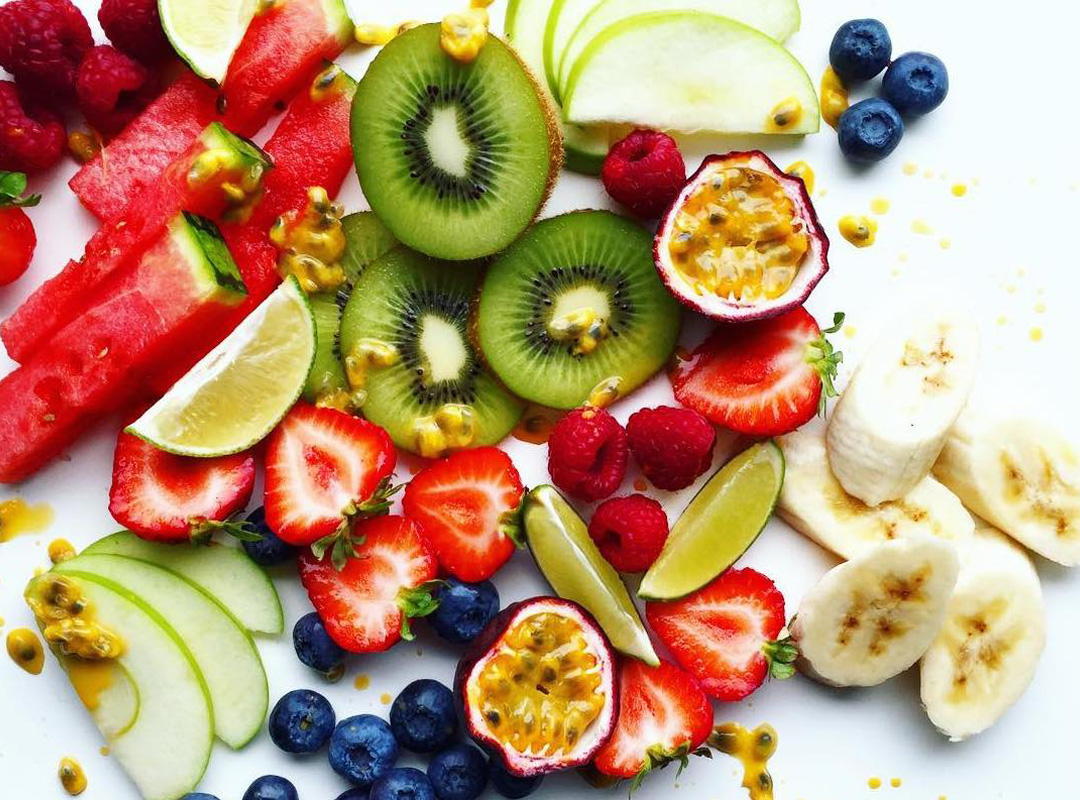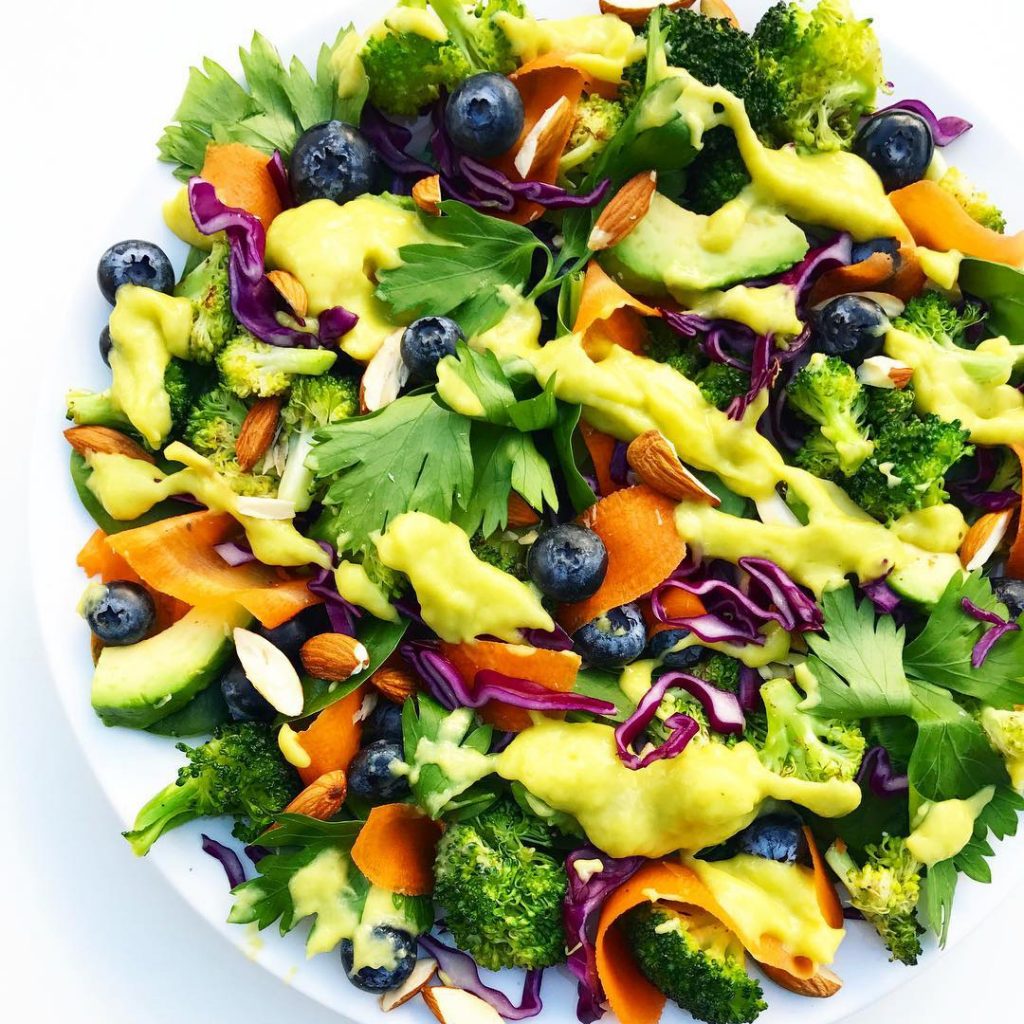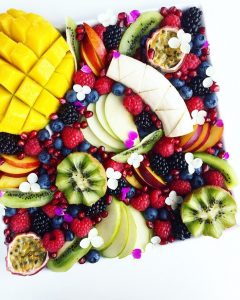
Organic food is now a firm fixture on the supermarket shelves, and regardless of the stories that you read in the press about organic having its day, the organic market continues to grow year on year. Organic food continues to gain in popularity, mainly because of its health benefits and the positive environmental impact.
Our chocolate bars are all certified organic by the Soil Association and because this means so much to us, we wanted to share with you a little bit about what organic entails and why you continue to make the right choices when you eat organically.

What Does Organic Mean?
When we speak about organic food we are referring to the way agricultural products are grown or processed. This means avoiding the use of GMO (genetically modified organism) ingredients, man-made fertilisers, livestock feed additives, growth regulators, and heavy restrictions on the use of pesticides.
No GMO Ingredients
Over a million tonnes of GM crops are imported each year to feed the majority of non-organic livestock. Organically reared animals cannot be fed on genetically modified feed. The most effective way to ensure your diet is GM free is to buy organic.
No Nasty Additives
If you’re concerned about controversial food additives, eating organic is a sure way to avoid the majority of them. GM ingredients, hydrogenated fats and controversial artificial food colours and preservatives are banned under organic standards.
Avoid Antibiotics
Shockingly, farm animals account for almost two-thirds of all antibiotics used in the EU and these are passed down the food chain to those of us eating meat, dairy, and eggs. In organic farming systems, the routine or preventative use of antibiotics is banned.
Reduce Your Exposure To Pesticides
Conventional food production makes wide use of pesticides which can pollute water and the environment. Almost 300 pesticides can be routinely used in non-organic farming and these are often present in non-organic food.
(Information source: Soil Association)

Nutritional Benefits
Research suggests that some organic foods may have a higher nutritional value than their non-organic counterparts (especially tomatoes). The reason for this is plants have to increase their production of phytochemicals (vitamins and antioxidants) to withstand bugs and weeds, in the absence of assistance from pesticides and fertilisers.
A 2014 study into organic fruit and veg at Newcastle University concluded that in organic food, quantities of some antioxidants were up to 60% higher than in non-organic crops.
Environmental Benefits
Organic food is not just better for us, it is better for the environment too. Organic farming practices involve less pollution, less soil erosion, increased soil fertility, and generally require less energy. It’s also better for the flora and fauna surrounding the organic farm too, as they aren’t exposed to toxic chemicals or pesticides either.
Our Verdict
We believe that by using only organic ingredients this allows us to create the tastiest and healthiest chocolate too. We have found that farmers who farm organically typically care more about the quality and taste of their products. These thriving crops, packed with healthy goodness, are shipped to us to make our delicious raw chocolate, mirroring the same organic standards throughout our own production.
